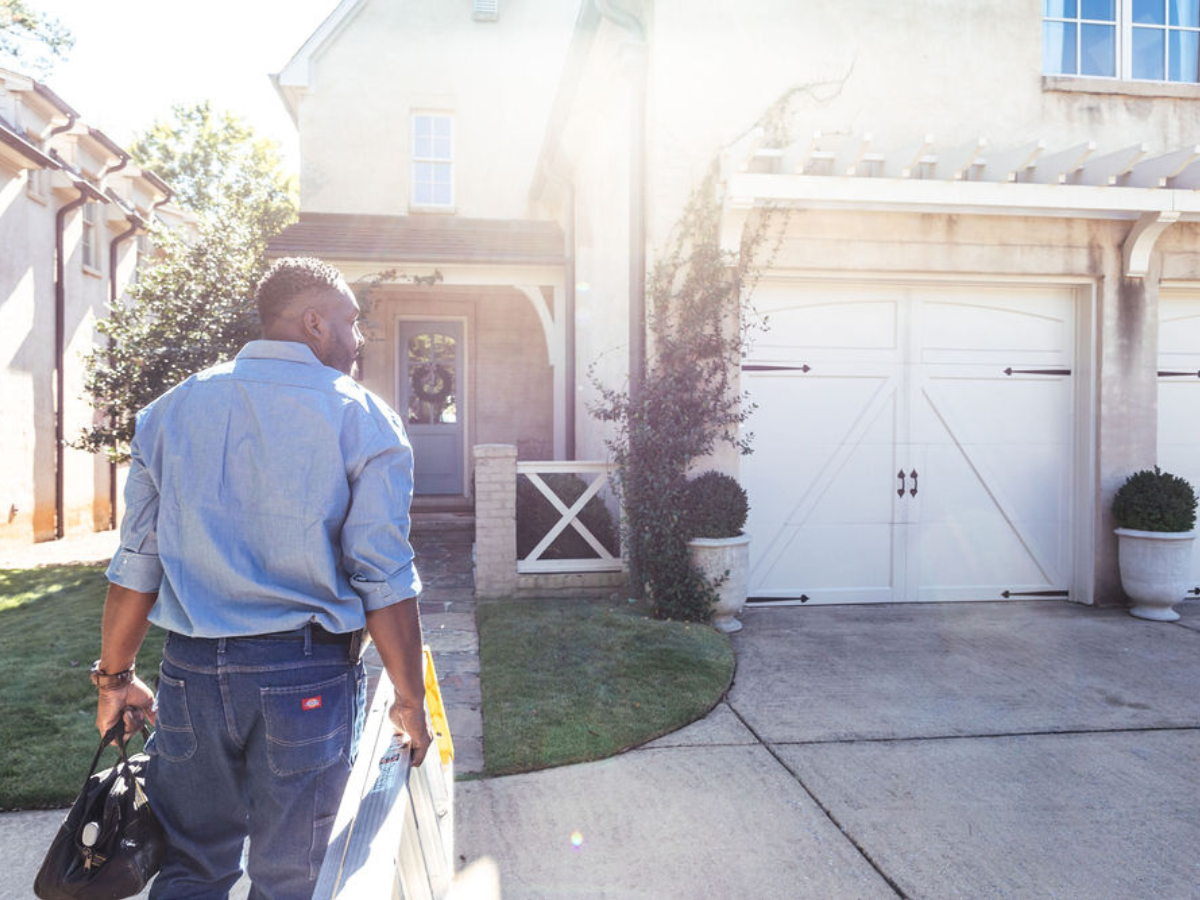For Charlotte landlords, the fear of property damage due to delayed or inadequate maintenance is a common concern. This article aims to shed light on the importance of routine maintenance to ensure property integrity and value, as well as provide strategies for effective maintenance management.
Section 1: The Consequences of Neglecting Property Maintenance
When property maintenance is neglected, the consequences can be severe.
In the long term, neglecting maintenance can result in the depreciation of property value. Potential buyers or tenants may be deterred by visible signs of neglect, and the overall appeal of the property may decline. Furthermore, the longer maintenance issues go unaddressed, the more expensive repairs become, leading to increased long-term expenses.
Neglected maintenance can impact the reputation of property owners or managers. Word spreads quickly in communities, and a reputation for neglecting property maintenance can deter potential tenants or buyers, leading to increased vacancies and decreased revenue. It can also result in legal issues if maintenance neglect leads to accidents or injuries on the property, exposing owners to liability and potential lawsuits.
Neglecting property maintenance can have environmental consequences. Leaking pipes, faulty HVAC systems, or damaged roofs can lead to water wastage, energy inefficiency, and increased carbon emissions. This environmental degradation incurs additional costs for property owners in the form of higher utility bills and potential fines for non-compliance with building codes and environmental regulations.
Section 2: Importance of Routine Maintenance
Routine maintenance plays a crucial role in preserving the integrity of a property. By implementing preventive measures, property owners can avoid significant damage and extend the lifespan of various components such as roofing, HVAC systems, and plumbing.
Routine maintenance also offers cost benefits. Regular inspections and minor repairs are more cost-effective compared to the high expenses associated with major repairs resulting from neglect. Investing in preventive maintenance can save landlords both time and money in the long run.
Routine maintenance also contributes to the safety of its occupants. Regularly servicing HVAC systems, for instance, ensures that indoor air quality remains optimal, reducing the risk of respiratory issues and allergies among residents. Inspecting and maintaining the property's electrical systems can prevent potential fire hazards, safeguarding the well-being of residents and staff.
Consistent upkeep can also enhance a property’s aesthetic appeal and market value. Well-maintained properties are more attractive to potential tenants or buyers. Simple tasks such as painting, landscaping, and regular cleaning can significantly improve curb appeal, making the property stand out in a competitive real estate market.
Section 3: Strategies for Effective Maintenance Management
Having a comprehensive maintenance checklist for seasonal maintenance ensures that no critical areas of the property are overlooked. Regularly reviewing and updating the checklist can help landlords stay organized and proactive in their maintenance efforts.
By proactively addressing maintenance needs regularly, landlords can extend the lifespan of various systems and components within the property. This approach not only minimizes unexpected breakdowns but also reduces repair costs in the long run.
Section 4: Dealing with Unexpected Property Damage
Despite proactive maintenance efforts, unexpected property damage can still occur. Landlords should have an immediate response plan in place. This plan should include steps for swiftly assessing and containing the damage to prevent further deterioration.
When necessary, it is also essential to seek professional assistance. Developing a reliable network of contractors who can promptly address unexpected damages can help landlords minimize costs and ensure that repairs are done correctly.
In the event of unexpected property damage, landlords should document the situation thoroughly. Taking photographs and detailed notes can be beneficial for insurance claims and legal purposes. Keeping a record of the damage and the steps taken to address it can help protect landlords from potential disputes with tenants or insurance companies.
Additionally, communication is key when dealing with unexpected property damage. Landlords should keep tenants informed about the situation, the repair process, and any potential disruptions to their living arrangements. Maintaining transparency and providing regular updates can help foster a positive landlord-tenant relationship during challenging times.
Section 5: Implementing a Maintenance Plan
Implementing a maintenance plan starts with setting up a maintenance schedule. A well-designed schedule covers all critical areas of the property and ensures that maintenance tasks are performed regularly.
Communicating with residents is equally vital. Engaging residents in maintaining their living spaces and promptly reporting any issues can help prevent minor problems from escalating into major maintenance headaches.
Section 6: Technological Tools for Maintenance Management
Technological tools can greatly aid in maintenance management.
Utilizing technology such as maintenance management software can streamline the maintenance process. These software solutions offer features like work order tracking, asset management, and maintenance scheduling, making it easier for landlords to manage their properties efficiently. By leveraging technology, landlords can enhance communication with maintenance staff and ensure timely resolution of maintenance issues.
Integrating technology into maintenance processes can bring numerous benefits. Streamlining tasks, reducing errors, and saving time are just a few advantages of utilizing technology in property maintenance.
Conclusion
In conclusion, addressing the fear of property damage due to delayed or inadequate maintenance is crucial for Charlotte landlords. By recognizing the consequences of neglect and understanding the importance of routine maintenance, landlords can ensure property integrity and value. Taking proactive measures to maintain properties not only protects landlords' investments but also provides a safe and comfortable living environment for tenants.
And don’t worry. If the above seems like all too much, you can always outsource maintenance and repairs to a professional property management company. Reach out to our local team today!


